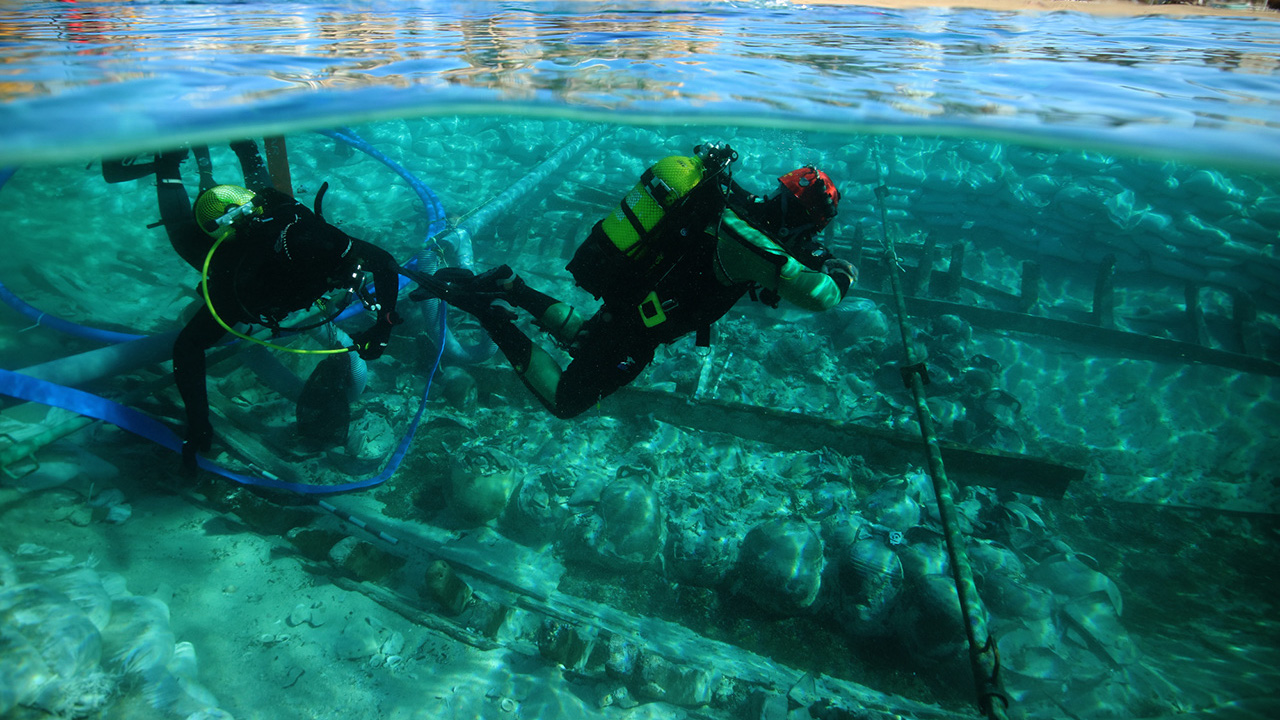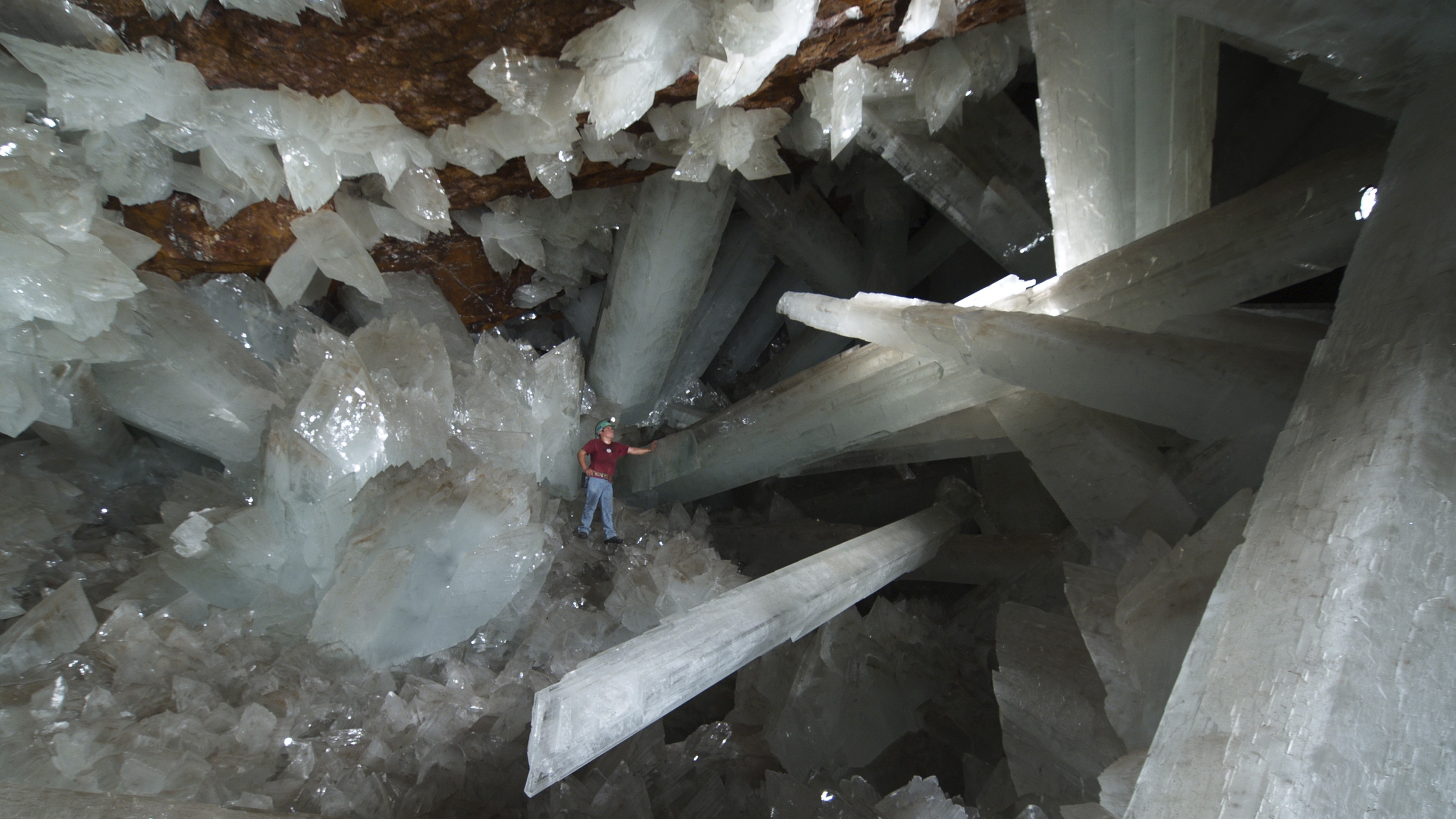Biology, Vol. 12, Pages 347: Tissue and Serum Biomarkers in Degenerative Aortic Stenosis-Insights into Pathogenesis, Prevention and Therapy
Biology doi: 10.3390/biology12030347
Authors: Alkistis Kapelouzou Styliani Geronikolou Irene Lidoriki Christos Kontogiannis Loukas Kaklamanis Loukas Tsourelis Dennis V. Cokkinos
Background and Aim. Degenerative Aortic Stenosis (DAS) is a common disease that causes substantial morbidity and mortality worldwide, especially in the older population. Our aim was to further investigate novel serum and tissue biomarkers to elucidate biological processes involved in this entity. Material and Methods. We evaluated the expression of six biomarkers significantly involved in cardiovascular pathology, i.e., irisin, periostin, osteoglycin, interleukin 18, high mobility group box 1 and proprotein convertase subtilisin/kexin type 9 in the serum at the protein level, and in the tissue at both the protein and mRNA levels of patients with AS (N = 60). Five normal valves obtained after transplantation from hearts of patients with idiopathic dilated cardiomyopathy were also studied. Serum measurements were also performed in 22 individuals without valvular disease who served as controls (C). Results. Higher levels of all factors were found in DAS patients’ serum than in normal C. IHC and PCR mRNA tissue analysis showed the presence of all biomarkers in the aortic valve cusps with DAS, but no trace of PCR mRNA was found in the five transplantation valves. Moreover, periostin serum levels correlated significantly with IHC and mRNA tissue levels in AS patients. Conclusion. We showed that six widely prevalent biomarkers affecting the atherosclerotic process were also involved in DAS, suggesting a strong osteogenic and pro-inflammatory profile, indicating that aortic valve calcification is a multifactorial biological process.

 1 year ago
27
1 year ago
27


